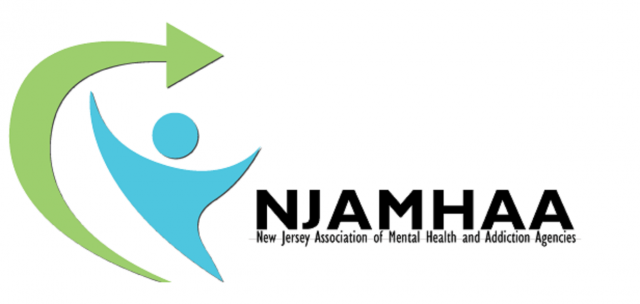January 21, 2025
Significant Funding Increases Are Needed in the FY2026 State Budget for the Behavioral Healthcare System
"Since January 2024, I estimate that at least 20 partial care case managers have left their positions. Numerous employees have accepted this job, but quickly realize that the excessive paperwork and the intensity of dealing with high-risk clients make the job untenable. Some have not lasted even one week, with some leaving after just two days," said Diane Richardson, LCSW, LCADC, CCS, from Mount Carmel Guild Behavioral Health, Catholic Charities of Newark.
Diane also shared a letter in which a partial care program client wrote:
"Mt. Carmel Guild has helped me in the transition from my 32 years in state hospitals to a semi-independent life. I may be graduating from the program soon as I seek full-time work. What I've learned at the Guild will be a foundation for me to build on as I seek to be a productive member of society."
Mount Carmel Guild's loss of staff is an example of a systemic problem that is preventing many New Jersey residents from receiving the clinical treatment and support services they need to recover from mental illnesses and substance use disorders. The success story shared above is one of numerous illustrations of the positive impact that community-based behavioral healthcare services have on individuals' potential for achieving successes and enjoying a high quality of life.
Michael's story demonstrates the difficulty in staying in the behavioral healthcare field. He has been a licensed clinical social worker for more than 20 years and had to work a second full-time job during the pandemic when the cost of living continued to rise and his salary was not increased to supplement his finances. Also during this time, Michael's caseload more than doubled because many of his coworkers resigned and the number of individuals in need continued to increase. This had an adverse effect on his physical and mental health, and he had to make the difficult decision to leave the field to safeguard his wellbeing. Michael feels bad about leaving his clients. The staffing change means they will likely experience difficulties adjusting to new counselors or have their care disrupted due to the clients' decisions to no longer receive services or staff's inability to keep up with their increasing caseloads.
Increased Funding Is Needed to Serve Many More People in Need of Behavioral Health Care and Give Them the Opportunities They Deserve
NJAMHAA Is Advocating for the Following to Reduce these Risks
In the FY2026 State Budget:
- Increases of Medicaid and fee-for-service rates, as well as contracts, by 8%
- Investment in the behavioral healthcare workforce, which has been declining as the demand for services has continued to increase
- $10 million to maintain New Jersey's Certified Community Behavioral Health Clinics
- Other significant investments to strengthen the behavioral healthcare system and, as a result, improve New Jersey residents' quality of life, as well as the state's bottom line
In addition, legislation needs to be passed and signed into law to further reinforce mental healthcare, substance use treatment and social services. For example:
- A1143/S1032 to ensure the State considers a cost-of-living adjustment for human services' rates and contracts each year
- S2504/A3937 to set Medicaid rates for mental health services equal to Medicare rates for the same services
- S3565/A2803 to increase access to telehealth
The New Jersey Association of Mental Health and Addiction Agencies (NJAMHAA) urges Governor Phil Murphy and legislators to keep in mind Mount Carmel Guild and Michael's stories and others featured in NJAMHAA's campaign, Untold Stories, as they develop and vote on the FY2026 State Budget and legislation that impacts behavioral healthcare services - and most importantly, the many children, youth and adults who depend on them.
Everyone's Voice Is Needed in Advocacy for Increased Behavioral Healthcare Funding in the FY2026 State Budget!
Please click here to see details and more success stories, as well as more untold stories from service recipients and behavioral healthcare staff, in NJAMHAA's Untold Stories campaign.
Please share this campaign on your websites and social media page, and encourage your staff, Board members, other colleagues, friends and family members to advocate!
Thank you for joining NJAMHAA in this critical advocacy effort!



